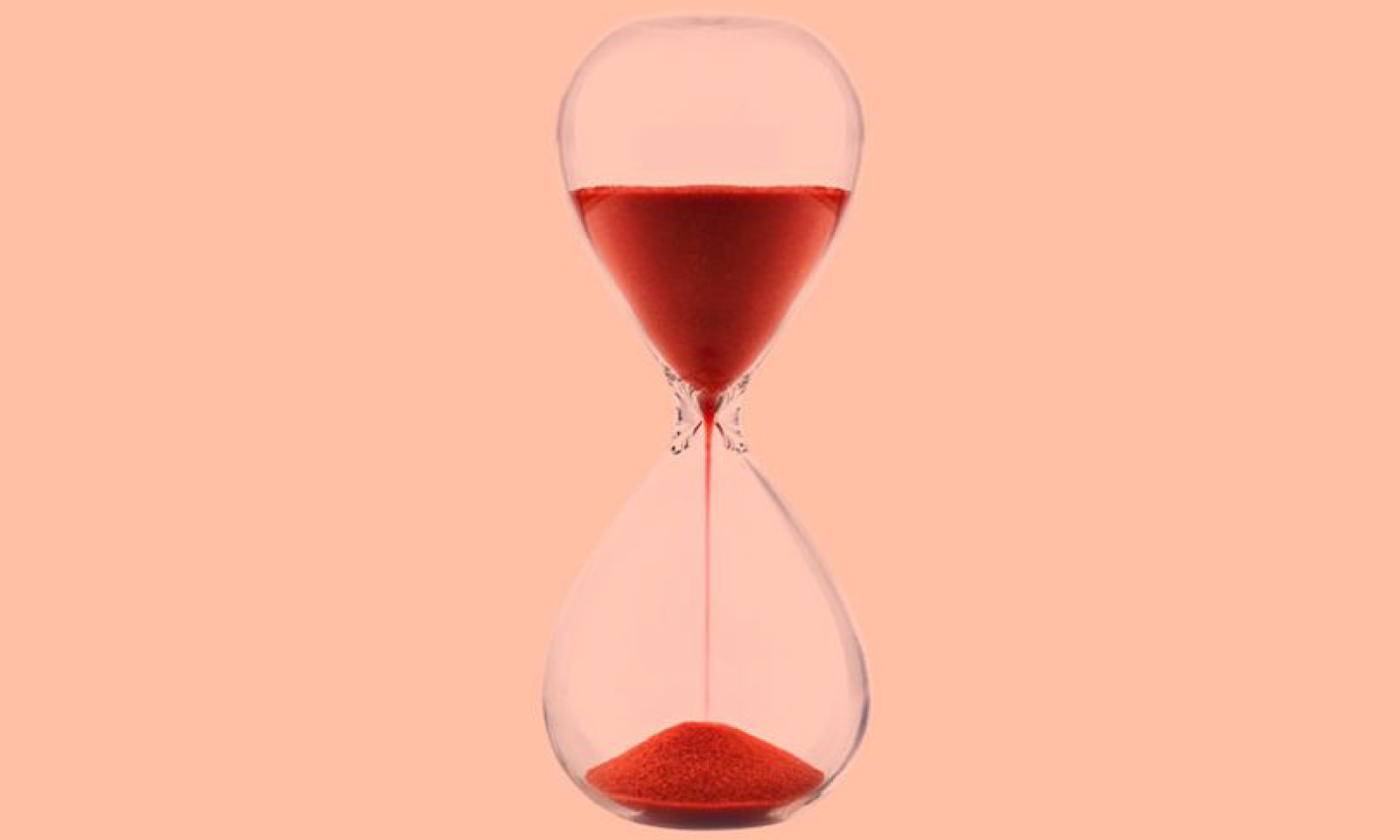How Long is a Menstrual Cycle Supposed to Be?

“How long is a menstrual cycle supposed to be?”. That’s a common question for many of us who power through our periods every month, and we’re more than happy to help answer it right here on our blog. Below, we’ve set out some advice, useful tips, and handy info on the length of a typical menstrual cycle for you to have whenever your next period comes around.
But first, the basics ‒ what is a menstrual cycle?
A menstrual cycle is a monthly series of changes that takes place in women’s bodies, and in the bodies of people who are biologically female and have reached puberty. It’s supposed to prepare us for the possibility of pregnancy.
In a normal month, a single egg will be released from a person’s ovaries in a process called ovulation. When this happens, the body will also release a lot of hormones that create changes in the body, preparing the uterus just in case the person is planning on trying for a baby that month. If the egg isn’t fertilised, the lining of the uterus will shed through the person’s vagina. This is the part that we all know as a period.
How long is a menstrual cycle?
Women’s menstrual cycles are counted from the first day of one period to the beginning of the next, with the menstrual flow of a period coming every 21 to 35 days in most cases.
It’s hard to say what counts as a “typical” menstrual cycle length, as everyone’s is different and they can even change over time. It’s also quite normal for periods to be longer for the first few years after menstruation begins, until your bodily hormones settle down. Once this has happened, your periods are likely to shorten and become more regular.
Of course, your periods may also never be entirely regular! As we said, everyone has a different experience with their own bodies. Periods can be regular or irregular, painful or pain-free, light or heavy, or even move between and still be considered “just another time of the month”.
Above all, the most important thing to know is that your period is happening for you, just as it should be.
How long is a normal period supposed to be?
Within a typical cycle length, the period itself will usually last between two and seven days. That’s not to say that it can’t be slightly longer or shorter, however, if you’re young and only just starting out.
Tracking your cycle
If you need to track your cycle length to find out what’s usual or typical for you, you might want to start keeping a calendar. From it, you can track the start and end date every month for several months in a row. The results should tell you how regular your period is and give you an idea of how long it’s supposed to be every time your cycle starts again.
Your cycle as you get older
By the time you’re in your early-to-mid 20s or your early 30s, you should have a good idea of what a usual period will look like for you. This should start to change (again, we know!) by the time you reach your late 30s and early 40s, when it’s normal for your body to make changes to your cycle in the years leading up to menopause.
At this time, you might find that your periods suddenly become shorter and heavier, with fewer days of flow. You might also find that you start to experience menopause-like symptoms, such as hot flashes or night sweats, or miss periods entirely for a while only to have a heavy cycle the next time around.
The average age that those of us who have periods tend to go through menopause is around 51 or 52. This is also the point where you’ll stop having periods entirely and no longer be able to have a baby naturally.
What else can make your cycle irregular?
Here, we’ve added a list of things that might make a normally regular period suddenly stop, or turn irregular when you’re still likely to get them at your age:
- Pregnancy or breastfeeding
- Eating disorders or extreme weight loss
- Excessive exercising
- Pelvic inflammatory disease (PID)
- Polycystic ovary syndrome (PCOS)
- Premature ovarian failure, or primary ovarian insufficiency (the loss of normal ovarian function before the age of 40)
- Stress
- Uterine fibroids
Can I make my cycle regular again?
Unfortunately, not every cycle length can be made regular. However, in many cases, it is perfectly possible to regulate and control your menstrual cycle.
For some, doing this might simply mean using birth control pills that have been prescribed by a doctor. If you go to yours and ask about this, they should write you one after taking note of your height, weight, and blood pressure. They’ll also give you some advice on how to take your pills, and information on the prescription in general.
In other cases, you may need to treat underlying conditions before your period returns to its usual monthly routine.
Things to watch out for
If you notice that something’s not quite right, the best thing to do is always to talk to your doctor or healthcare provider. Below, we’ve listed a few of the things you could spot that you may want to talk to a doctor about:
- Finding that your period has stopped for more than 90 days and you know you’re not pregnant
- Finding that you bleed for more than seven days at a time
- Finding that your periods have suddenly become erratic after having been regular
- Finding that your periods are less than 21 days or more than 35 days apart
- Finding that you’ve been bleeding more heavily than usual, or that you soak through more than one pad or tampon every hour or two
- Finding that you’ve been bleeding between periods
- Developing severe pain during your periods
- Getting a fever or feeling sick after using tampons
Some of these may simply be related to age (especially the first, third, fourth and fifth points), but it is important to check in with your health provider if there are any sudden changes you’re worried about.
If you’re in your early 30s or late 40s and know you’re starting to get pre-menopausal symptoms, you might also want to watch out for these signs when bleeding heavily as well:
- A slow metabolism
- Bleeding after sex
- Dry skin
- Hair loss
These signs could suggest a thyroid issue, so it’s best to let your doctor know if you start to experience them.
Our undies could be a great monthly solution

- Tags: Myths & Facts Periods



